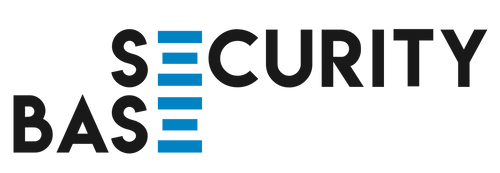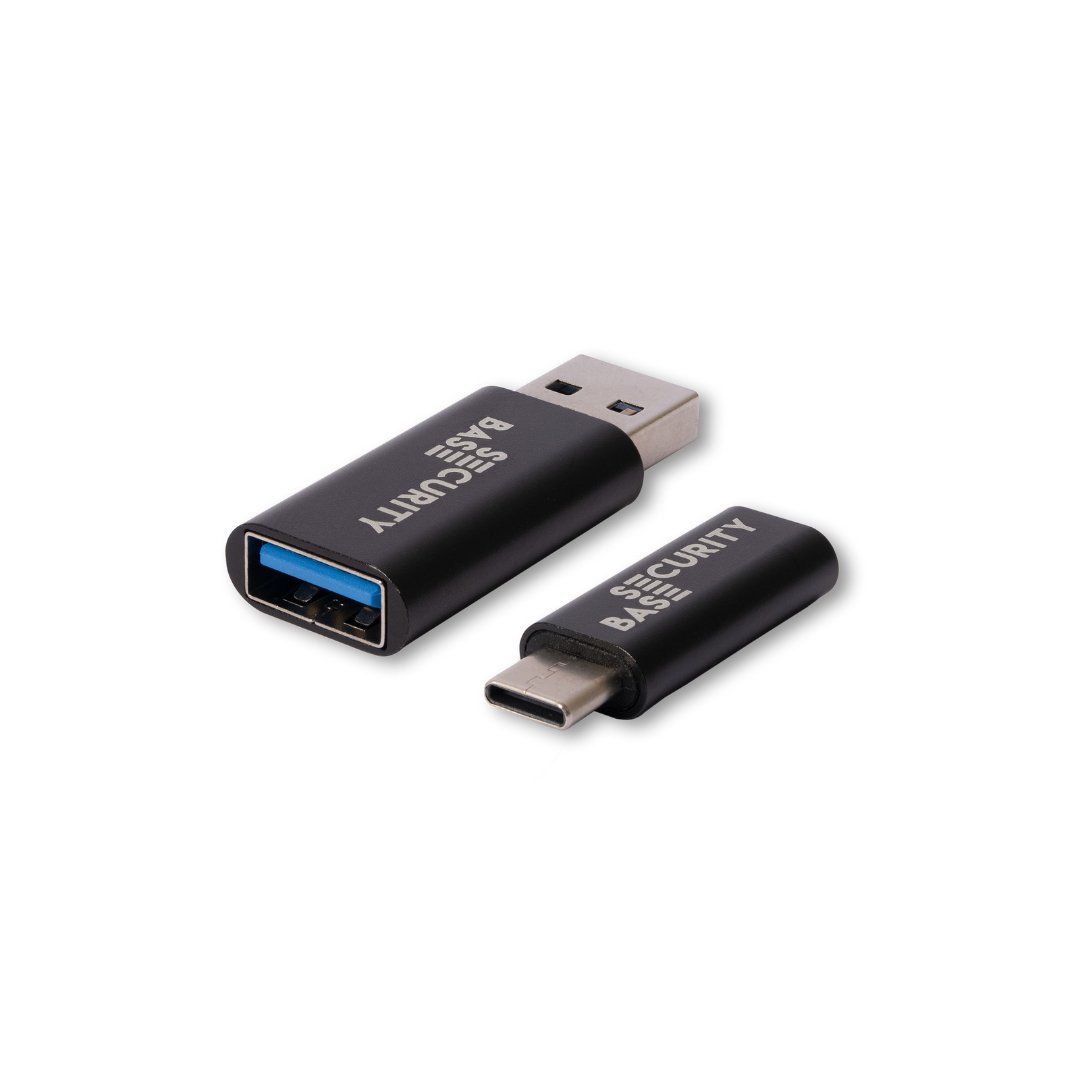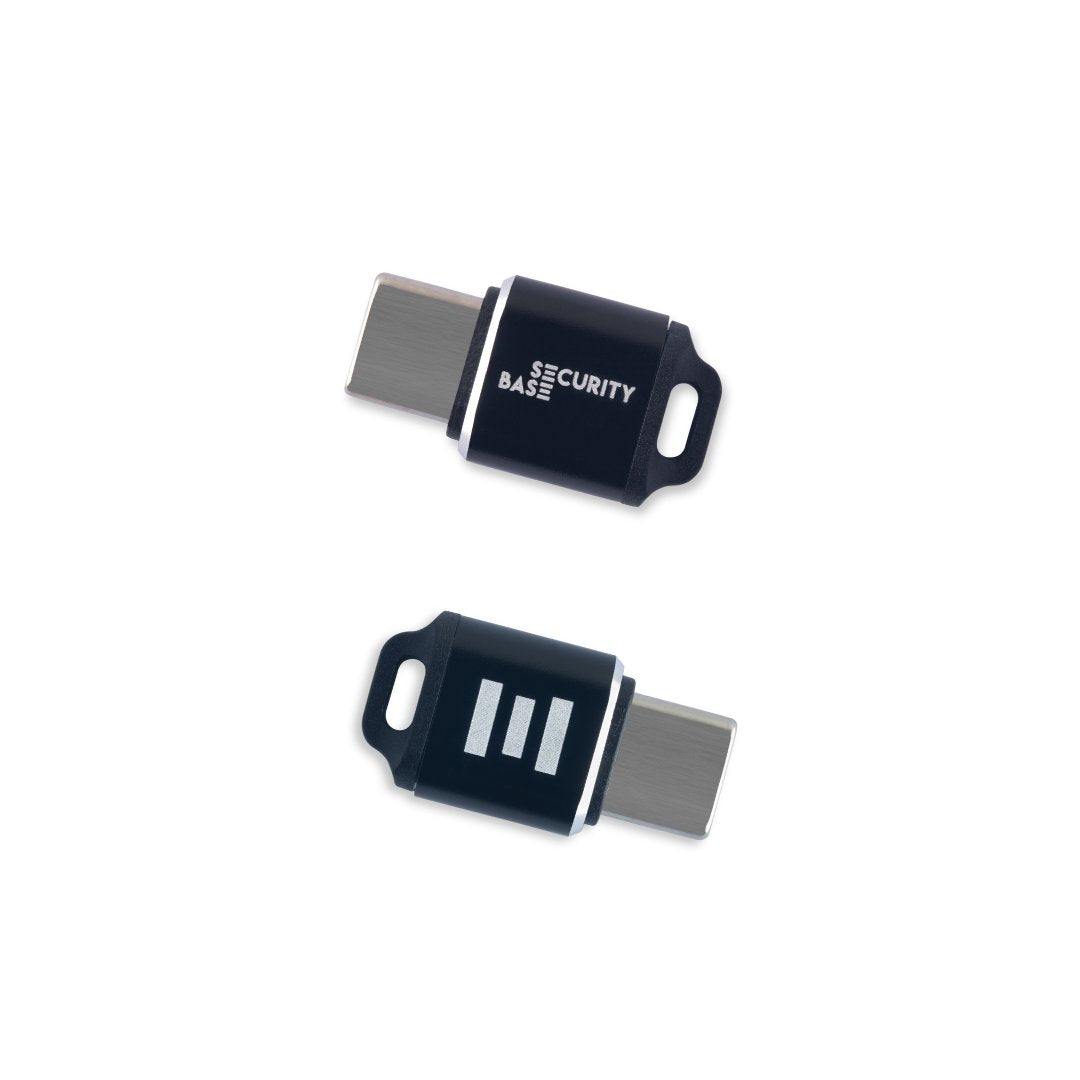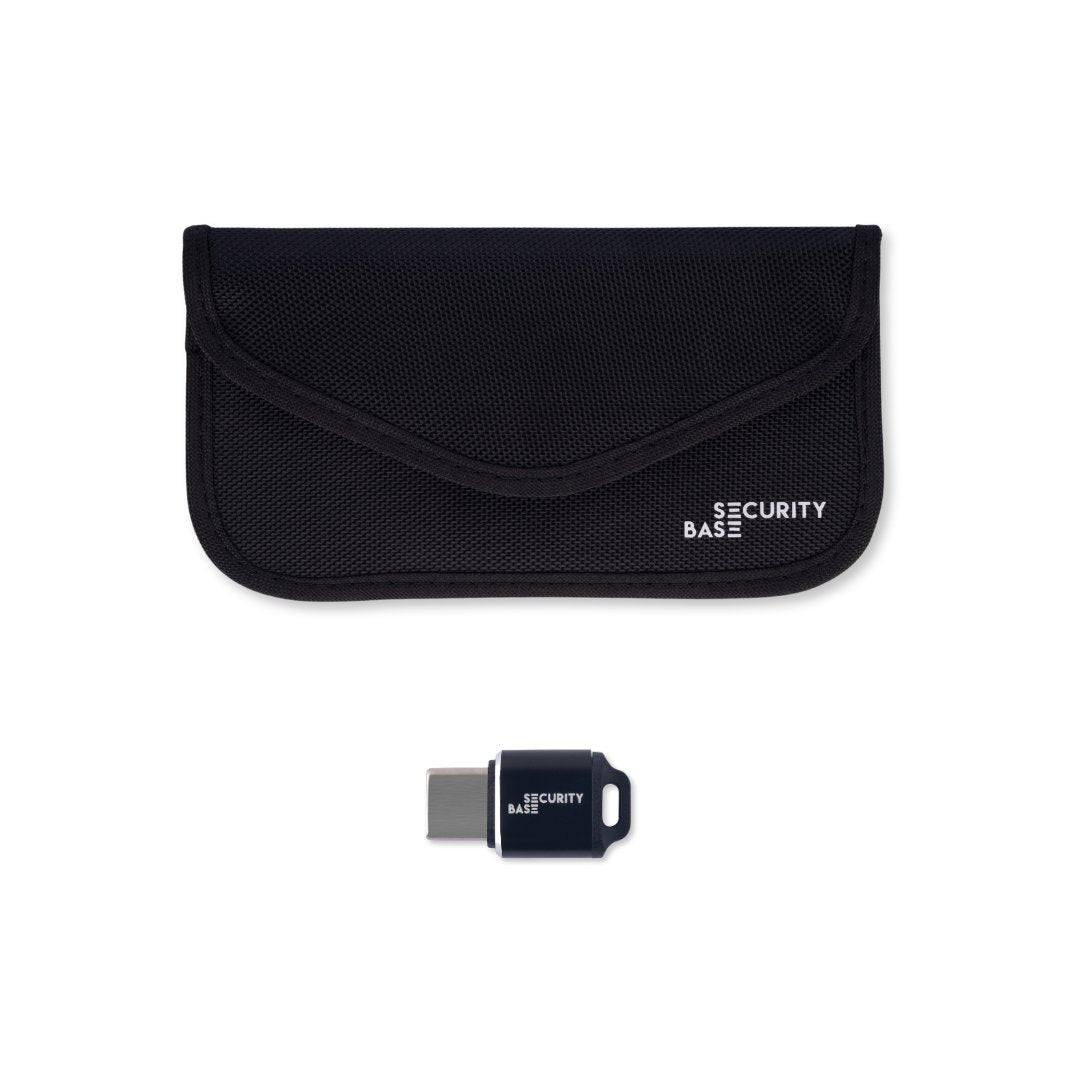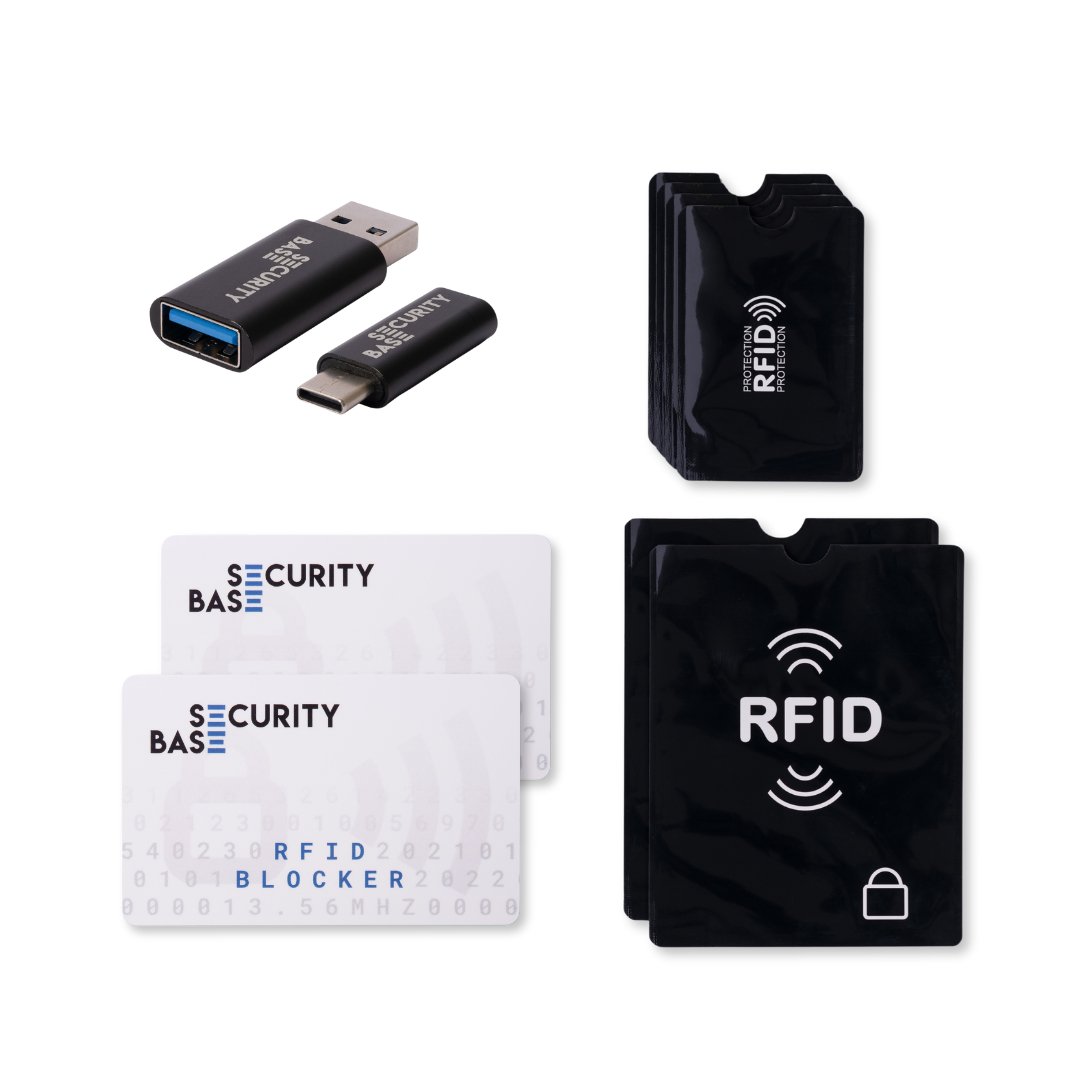✔️ 4.9 ★★★★★ | 4.9 out of 5 stars based on 58 reviews | See all shop reviews
RFID Blocking Passport Sleeve (2)
Protect electronic information stored in your passport. RFID-blocking material keeps biometric and other data secure and blocks all remote read attempts. The passport sleeve is thin, light, and durable and comes in a set of two.
- Blocks the theft of ID information with RFID scanners in crowded places.
- Provides an extra layer of security for your personal data.
- Protecting your travel documents from wear and tear.
Also available
📦 In a bundle with RFID Blocking Credit Card Sleeves
We send out all orders very quickly, typically the same day, and always the next business day.
- All orders are shipped from Adelaide, Australia
- Shipping for orders over $50 is free
- Shipping for orders under $50 is $ 3.95
- We use Australia Post Priority Mail as the default shipping option, with options for express and tracked shipping
- Orders are typically delivered within 1 - 3 business days to Australian Capital Cities, and within 2 - 6 business days to all other areas
- Overseas orders (NZ and US) are typically delivered within 6 - 15 business days
- Contact form - click here
- Email - info@securitybase.com.au
- Phone - 08 7477 7942
FAQ
-
RFID stands for Radio Frequency Identification. It's a technology used in many modern passports, credit cards, and other documents to store information electronically.
Our RFID blocking sleeves are made from a special material that blocks RFID signals. When you place your passport or credit card in the sleeve, it protects the information stored on the chip from being accessed by unauthorised scanners.
-
Yes, they also block NFC (Near-Field Communication) signals, which is used in payment cards. NFC operates on similar frequencies, and RFID Blocker sleeves are designed to interfere with both types of signals.This helps protect your cards and travel documents from unauthorised scanning or data theft.
-
RFID blocking sleeves offer an extra layer of protection against identity or financial theft. If you're concerned about the security of your information, using these sleeves can provide peace of mind, especially when traveling or in crowded places.
-
Our RFID blocking sleeves are made of a tri-layered material. This combination provides excellent protection against RFID and NFC skimming while maintaining durability and flexibility. The layers:
- Outer Layer - A smooth plastic laminate, making it easy to slip your cards of passport in and out of the sleeve.
- Middle Layer - A special metallic material made of aluminum that acts as a Faraday cage. This layer blocks the electromagnetic waves used for RFID communication.
- Inner Layer - Another layer of plastic to protect the metallic layer and provide a smooth surface for the cards or passport.
The combination of plastic and metal creates a barrier that shields RFID and NFC chips from unauthorised scanning.
-
Our RFID blocking sleeves are designed to protect your personal and financial information from unauthorised access.
They can be used for a variety of cards that contain embedded RFID chips:
- Credit cards: Prevent unauthorised access to your credit card information.
- Debit cards: Protect your bank account information from being skimmed.
- Smart cards: Securely store data and protect against unauthorised use.
- Access cards: Prevent unauthorised access to buildings or facilities.
- RFID driver's licenses: Shield your personal information from being intercepted.
- Other RFID cards: This includes any card with an embedded RFID chip, such as public transportation cards, loyalty cards, and event tickets.
By using RFID blocking sleeves, you can significantly reduce the risk of identity theft and financial fraud.
-
The passport blocking sleeves are designed to hold a standard passport (125 mm x 88 mm), based on the International Civil Aviation Organisation (ICAO) guidelines for passport dimensions. This includes Australian, New Zealand, EU and US passports.
The card blocking sleeves are standard credit card size (86 mm by 54 mm). This size is based on the ISO/IEC 7810 standard.
